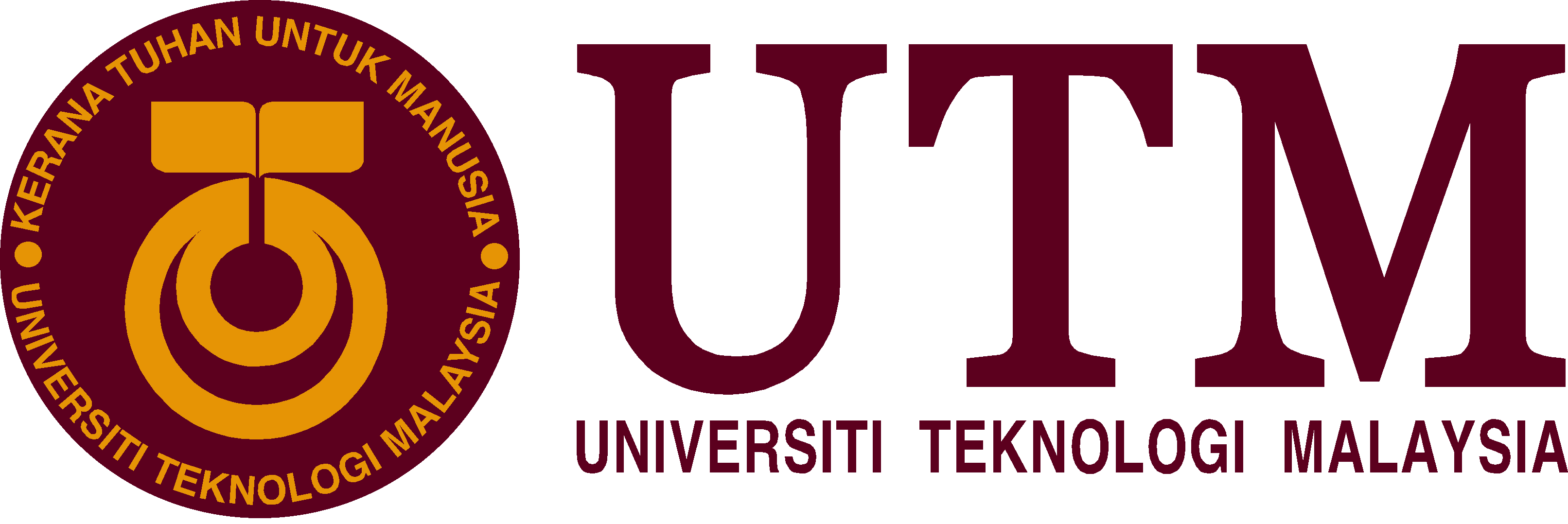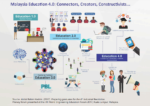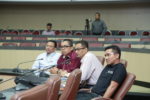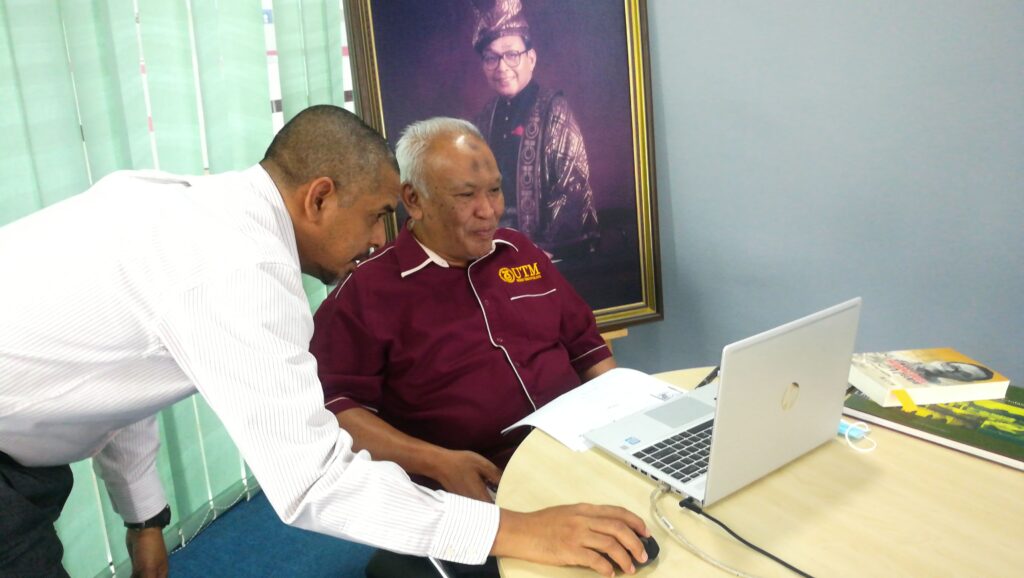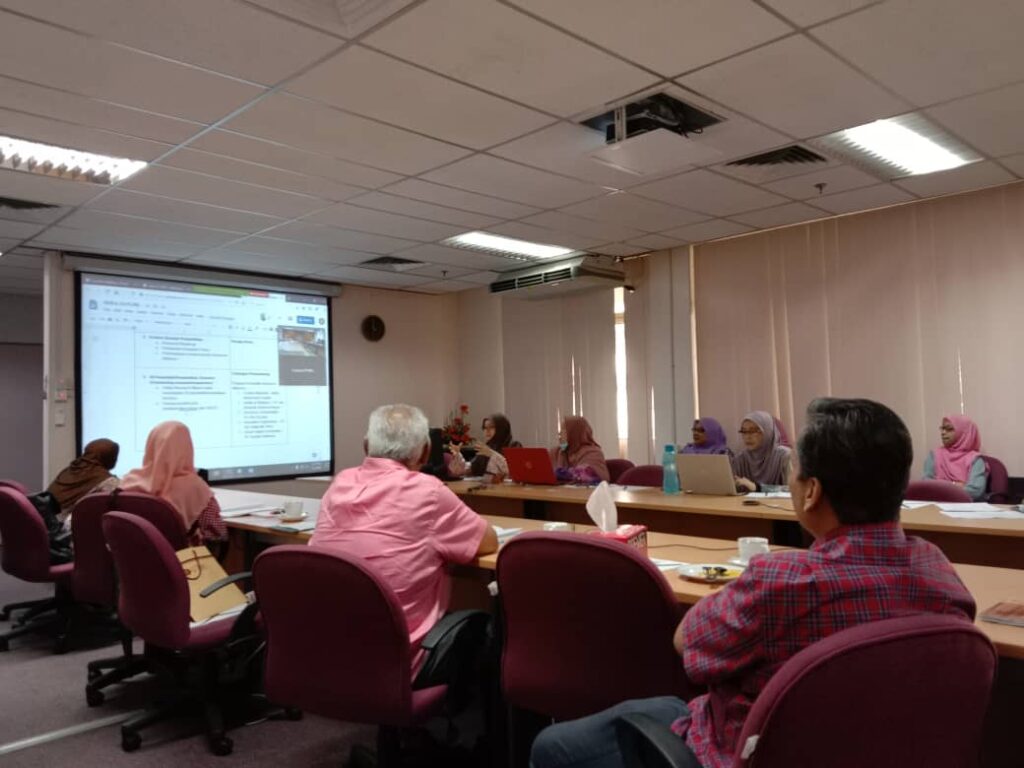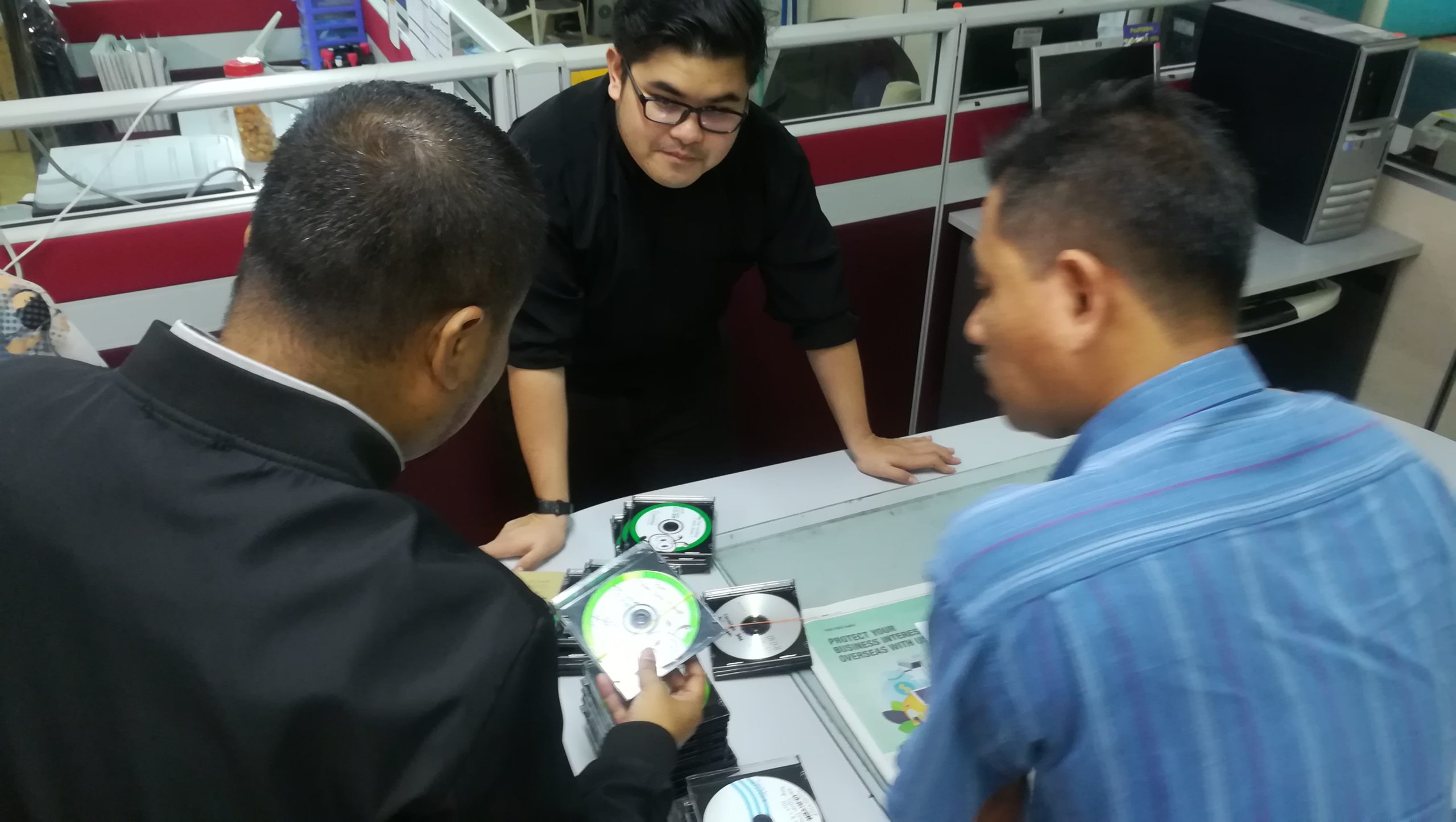
by mfuad | Oct 30, 2024 | Research
Understanding the research lifecycle is essential for conducting effective research. This guide will explore each stage of the research lifecycle, illustrated with a single detailed case study: the investigation into the mental health effects of social media use among teenagers.
1. Idea Generation
Case Study Focus: Researchers in psychology noticed increasing reports of anxiety and depression among teenagers. They wanted to investigate the potential link between social media use and mental health.
- Identifying the Research Gap: Although there was existing research on mental health, few studies specifically examined the impact of social media on adolescents.
- Research Question: The researchers formulated the question: How does social media usage affect the mental health of teenagers?
2. Planning and Designing the Research
Once the research question was established, the next step was planning and designing the study.
- Research Objectives: The researchers aimed to:
- Assess the correlation between social media usage and reported mental health issues among teenagers.
- Identify which aspects of social media (e.g., time spent, types of engagement) were most closely linked to mental health outcomes.
- Research Methodology: They chose a mixed-methods approach:
- Quantitative Data: Surveys were distributed to gather data on teenagers’ social media usage patterns and mental health symptoms.
- Qualitative Data: In-depth interviews were conducted with a smaller group of participants to explore personal experiences and feelings related to social media use.
- Ethical Considerations: They obtained informed consent from participants and their guardians, ensuring confidentiality and the right to withdraw from the study at any point.
3. Data Collection
The researchers began collecting data, which involved two main methods:
- Surveys: A standardized questionnaire was distributed to over 500 teenagers, measuring their social media habits and mental health using validated scales like the Depression Anxiety Stress Scales (DASS).
- Interviews: The researchers conducted semi-structured interviews with 30 teenagers to gain deeper insights into their feelings about social media.
4. Data Analysis
After collecting the data, the researchers proceeded to analyze it.
- Quantitative Analysis: They used statistical software (e.g., SPSS) to perform correlation and regression analyses, examining the relationship between social media usage and mental health scores.
- Qualitative Analysis: The interviews were transcribed and analyzed using thematic analysis to identify recurring themes, such as feelings of inadequacy and anxiety triggered by social media interactions.
5. Dissemination of Findings
Once the analysis was complete, the researchers disseminated their findings to reach various audiences.
- Research Report: A comprehensive report detailing the methodology, findings, and implications was prepared.
- Academic Publication: The study was submitted to a peer-reviewed journal specializing in psychology and mental health.
- Presentations: The researchers presented their findings at several conferences, focusing on the implications for mental health professionals and educators.
- Public Outreach: Key findings were summarized in accessible articles for parents and educators, emphasizing the importance of monitoring teenagers’ social media use.
Conclusion
The case study on the mental health effects of social media use among teenagers illustrates the entire research lifecycle, from idea generation through to dissemination. By following these structured stages, researchers can contribute valuable insights into pressing social issues, helping to inform policy, practice, and public understanding. Understanding this lifecycle is essential for anyone embarking on their research journey, ensuring that their work is systematic, ethical, and impactful.
Reference
Twenge, J. M., & Campbell, W. K. (2018). The age of anxiety: Social media use and mental health in adolescents. Journal of Adolescent Research, 33(6), 653-684.
Primack, B. A., Shensa, A., Sidani, J. E., et al. (2017). Social media use and perceived social isolation among young adults in the U.S. American Journal of Preventive Medicine, 53(1), 1-8.
Riehm, K. E., Holingue, C., Toohey, M., et al. (2019). Social media use and suicide risk among adolescents: A prospective study. Archives of Suicide Research, 23(4), 585-594.
Pew Research Center. (2021). Teens, social media & technology 2021.
Keles, B., McCrae, N., & Grealish, A. (2020). A systematic review: The impact of social media on mental health in adolescents. Children and Youth Services Review, 119, 105535.

by mfuad | Oct 30, 2024 | Research
Embedded librarianship in academic libraries is an emerging approach to research support, where librarians are integrated directly into academic departments to provide targeted services throughout the research lifecycle. In Malaysia, the adoption of embedded librarianship is becoming increasingly significant in response to the rising need for specialized research support services. At the core of this approach is the use of Knowledge Management (KM) frameworks, which provide the structure and resources necessary for librarians to actively engage in tasks such as data management, bibliometric analysis, and literature review assistance, all while maintaining a close relationship with the research community (Chen & Lin, 2018).
In the academic library context, KM frameworks facilitate the capture, organization, and dissemination of both explicit and tacit knowledge, creating an environment that supports innovation and research productivity. Explicit knowledge includes resources like databases, digital collections, and research publications, which are crucial assets within libraries. Meanwhile, tacit knowledge refers to the specialized expertise of library staff, who are well-positioned to guide researchers through the complexities of information management. KM frameworks enable these knowledge resources to be systematically organized, ensuring researchers have efficient access to essential information across disciplines, ultimately increasing the effectiveness of library services (Cox, Gadd, & Petersohn, 2019).
KM frameworks within embedded librarianship play a significant role by providing embedded librarians with the tools they need to support research more effectively. As these librarians work directly within research teams, the KM framework facilitates streamlined information flows, ensuring that the knowledge librarians provide is accessible and actionable for researchers. The framework enables librarians to organize resources systematically, which is essential in supporting interdisciplinary research commonly pursued at Malaysian universities. Through KM frameworks, embedded librarians have enhanced access to structured, relevant academic resources, allowing them to meet researchers’ specific needs more effectively (Chen & Lin, 2018).
Moreover, KM frameworks provide a consistent approach for librarians to handle research support activities, such as conducting bibliometric analysis, citation management, and offering literature review assistance. Malaysian researchers are increasingly data-driven, necessitating a well-organized approach to managing vast amounts of information, particularly as librarians become more integrated within research departments. Through KM frameworks, embedded librarians can adapt their work to meet research teams’ specific needs, offering insights into current trends, impact metrics, and effective strategies for research dissemination. This structured support is particularly valuable for academic institutions as they look to maximize the impact and reach of their research (Rasul & Singh, 2018).
Data management has become another crucial aspect of KM frameworks in embedded librarianship, particularly as research data has grown in volume and complexity. Leading Malaysian research institutions, such as Universiti Teknologi Malaysia, have adopted KM frameworks that focus on data management practices, helping embedded librarians to provide structured guidance on data storage, curation, and sharing. KM frameworks establish clear guidelines for data organization and compliance with institutional policies, ensuring that both librarians and researchers can navigate data management requirements smoothly (Amir et al., 2018). This structured support is especially useful in data-intensive fields, such as engineering and the sciences, where efficient data handling is critical to the research process.
KM frameworks in embedded librarianship also facilitate collaboration and knowledge sharing across academic departments and institutions. Malaysian academic libraries increasingly promote open-access repositories, which help disseminate local research outputs to the global academic community. KM frameworks encourage librarians to manage these repositories, making it easier for researchers to share their work openly, which ultimately fosters a collaborative environment conducive to interdisciplinary research. The knowledge-sharing focus of KM frameworks thus enhances the visibility of Malaysian research, broadening its accessibility and encouraging scholarly exchange both within and outside the institution (Chen & Lin, 2018).
However, implementing KM frameworks in Malaysian academic libraries is not without its challenges, including limited resources and the need for specialized training. Many libraries face budget constraints, making it difficult to deploy KM frameworks comprehensively. Embedding librarians within research teams and equipping them with the necessary KM tools often requires a significant financial commitment. Additionally, the rapid evolution of digital technology demands continuous training for librarians to keep pace with new KM tools and methodologies. These challenges underscore the need for ongoing investment in both technology and training to fully leverage KM frameworks within embedded librarianship (Cox et al., 2019).
Despite these challenges, the advantages of KM frameworks in embedded librarianship are considerable. Improved research productivity is a clear benefit, as KM frameworks simplify information retrieval and data management processes, allowing researchers to focus on analysis and discovery. Enhanced collaboration is another key advantage, with KM frameworks encouraging information sharing across departments and institutions, contributing to a more connected research environment. Embedded librarians, equipped with KM frameworks, provide researchers with expert guidance on navigating complex digital resources, which is becoming increasingly important across all research fields (Rasul & Singh, 2018).
Looking ahead, KM frameworks in Malaysian academic libraries are likely to evolve, incorporating advanced technologies like artificial intelligence (AI) to further streamline information retrieval and data analysis. AI-enhanced KM tools can allow librarians to focus on strategic support, such as research planning and collaboration facilitation. Additionally, as open-access policies gain traction, Malaysian libraries are expected to expand their KM frameworks to support open-access publishing, increasing the visibility of their research outputs. Digital literacy training will also continue to be a priority, as librarians support researchers in mastering digital tools essential for data-intensive research.
In conclusion, KM frameworks are critical in enhancing the role of embedded librarians within Malaysian academic libraries. By structuring knowledge management processes such as data curation, bibliometric analysis, and interdisciplinary collaboration, these frameworks enable librarians to provide targeted, high-value support to researchers. While resource and technological challenges remain, the advantages of KM frameworks are evident in fostering productivity, collaboration, and efficient knowledge sharing. As KM frameworks continue to advance, they will undoubtedly play an instrumental role in shaping the future of research support in academic libraries across Malaysia.
References
- Amir, R., et al. (2018). Library resources and services for research. Malaysian Journal of Library and Information Science. Retrieved from Malaysian Journal of Library and Information Science.
- Chen, J., & Lin, H. (2018). Embedded library research support service: A knowledge management service framework in academic libraries. IFLA WLIC 2018 – Transform Libraries, Transform Societies. Kuala Lumpur, Malaysia. https://doi.org/10.1177/0961000617728111
- Cox, A., Gadd, E., & Petersohn, S. (2019). Competencies for bibliometrics. Journal of Librarianship and Information Science, 51(3), 746-762.
- Rasul, A., & Singh, D. (2018). Academic librarians’ roles and competencies in research partnership. Malaysian Journal of Library and Information Science. Retrieved from Malaysian Journal of Library and Information Science.
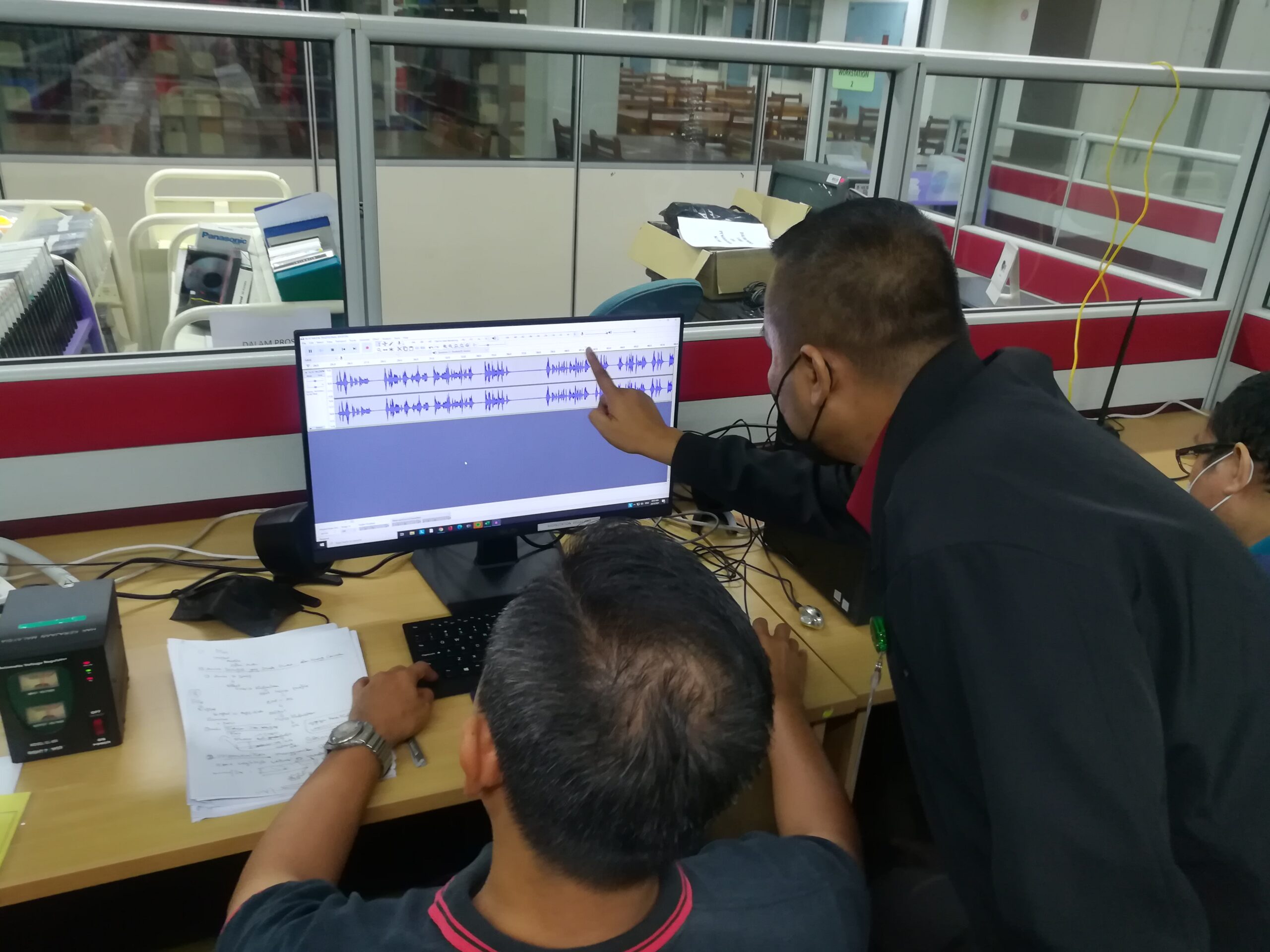
by mfuad | Oct 30, 2024 | Research
In Malaysia, academic libraries play a significant role in supporting research by offering various services that extend beyond traditional roles. These libraries are fundamental to the research infrastructure, offering digital resources, data management support, and partnerships with faculty to support the entire research lifecycle (Rasul & Singh, 2018; Chen & Lin, 2018). This article outlines the key areas where Malaysian academic libraries contribute, focusing on digital resources, embedded librarianship, and open-access initiatives.
Digital Resources as a Research Foundation
Digital resources are essential to research support in Malaysian libraries. The shift toward digital collections allows researchers quick access to relevant academic materials. As noted by Rasul and Singh (2018), Malaysian universities emphasize online resources to ensure the academic community has the latest information at their fingertips. By prioritizing databases, e-books, and online journals, Malaysian libraries are adapting to modern research needs that favor convenience and accessibility. Libraries’ adoption of digital resources is driven by the need to meet faculty and student demand for remote access, as highlighted by Amir et al. (2018) in the Malaysian Journal of Library and Information Science.
Knowledge Management Frameworks in Embedded Librarianship
The concept of embedded librarianship, where librarians integrate with academic departments to offer specialized research support, is increasingly relevant in Malaysia. According to Chen and Lin (2018), embedded librarianship uses a knowledge management framework that helps structure research support services to include data management, bibliometric analysis, and specialized literature review assistance. This model allows librarians to work closely with research teams, contributing expert knowledge that enhances productivity and helps researchers manage their data and resources effectively.
Institutional Repositories and Open Access Initiatives
Malaysian academic libraries have also invested in developing institutional repositories to promote open access and preserve academic research output. By hosting and managing these repositories, libraries provide a platform where faculty and students can share their work globally, supporting an open-access culture (Chen & Lin, 2018). The role of these repositories in knowledge dissemination is especially valuable as it enables Malaysian scholarship to be accessible to a global audience, fostering collaboration and increasing research visibility. Initiatives to develop these repositories align with international trends, where libraries support open knowledge sharing as a core component of their mission.
Digital Literacy and Research Training Programs
To support researchers in using advanced tools and databases, Malaysian libraries offer training in digital literacy and research skills. Programs cover a range of topics, from data analysis and visualization software to citation management. Rasul and Singh (2018) found that these training sessions not only enhance researchers’ technical skills but also encourage the effective use of library resources, thus increasing the library’s value to the academic community. This focus on training reflects a commitment to supporting researchers at every stage, ensuring they can navigate the growing complexities of digital information landscapes.
Research Collaboration and Faculty Partnerships
Finally, Malaysian academic libraries are active in establishing research partnerships with faculty, positioning librarians as valuable contributors to research projects. In these roles, librarians assist with data curation, publication processes, and scholarly communication, all of which enhance the quality of research outputs (Amir et al., 2018). Collaborative research support allows librarians to combine their information management expertise with academic subject knowledge, promoting interdisciplinary collaboration and fostering innovative research.
Conclusion
Research support services are essential components of Malaysian academic libraries, enabling researchers to access resources, manage data, and engage in collaborative projects. By emphasizing digital resources, embedded support models, open-access repositories, and digital literacy training, Malaysian libraries are ensuring that they meet the evolving needs of the research community. These efforts underscore the critical role of libraries in fostering a robust and collaborative research environment that contributes significantly to Malaysia’s academic and research landscape.
References
Amir, R., et al. (2018). Library resources and services for research. Malaysian Journal of Library and Information Science. Retrieved from Malaysian Journal of Library and Information Science.
Chen, J., & Lin, H. (2018). Embedded library research support service: A knowledge management service framework in academic libraries. IFLA WLIC 2018 – Transform Libraries, Transform Societies. Kuala Lumpur, Malaysia. Retrieved from IFLA Library.
Rasul, A., & Singh, D. (2018). Academic librarians’ roles and competencies in research partnership. Malaysian Journal of Library and Information Science. Retrieved from Malaysian Journal of Library and Information Science.

by mfuad | Oct 24, 2024 | Research
Academic libraries play a crucial role in supporting the research needs of students, faculty, and the broader academic community. Dixon (2001) says that conducting a special research programmed like Research Week is a pivotal initiative that reinforces the library’s role as a central hub for scholarly communication, knowledge dissemination, and research support. Mcintyre et al. (2007) reported that all research support program are essential for fostering a culture of research and equipping academics with the tools and knowledge to navigate the complexities of scholarly publishing and research. (more…)
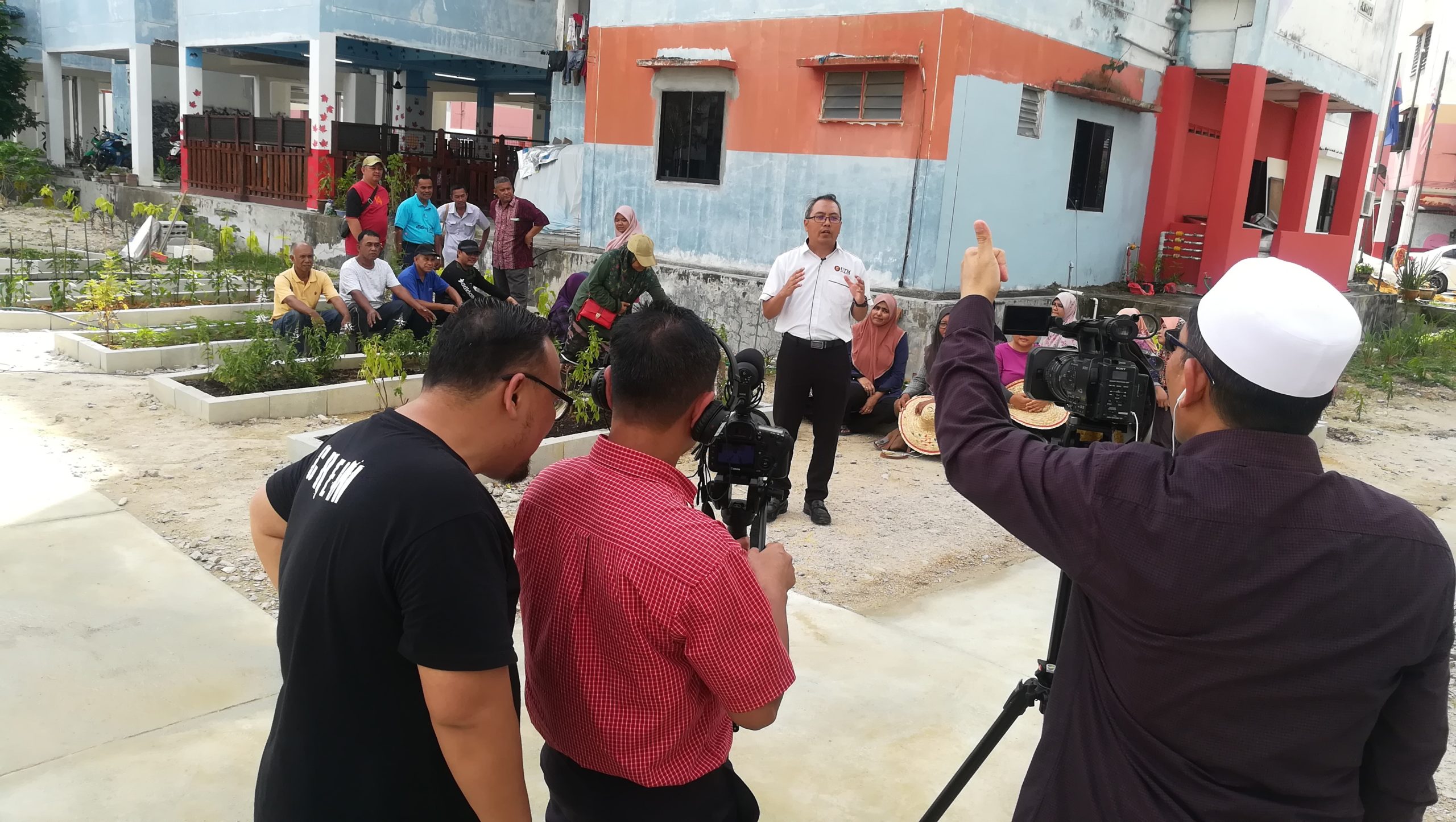
by mfuad | Oct 8, 2024 | Research
Geran penyelidikan merujuk kepada dana yang diberikan oleh agensi kerajaan atau badan swasta untuk menyokong projek-projek penyelidikan yang dijalankan oleh institusi atau individu. Geran ini bertujuan untuk memperkaya pengetahuan saintifik, teknologi, dan sosial. Isu semasa berkaitan dengan penurunan jumlah geran penyelidikan, terutama di negara-negara membangun termasuk Malaysia, telah menjadi cabaran yang signifikan. Penulis berpendapat bahawa pengurusan geran yang tidak berkesan dan kekurangan sokongan infrastruktur menjadi penyebab utama. (more…)

